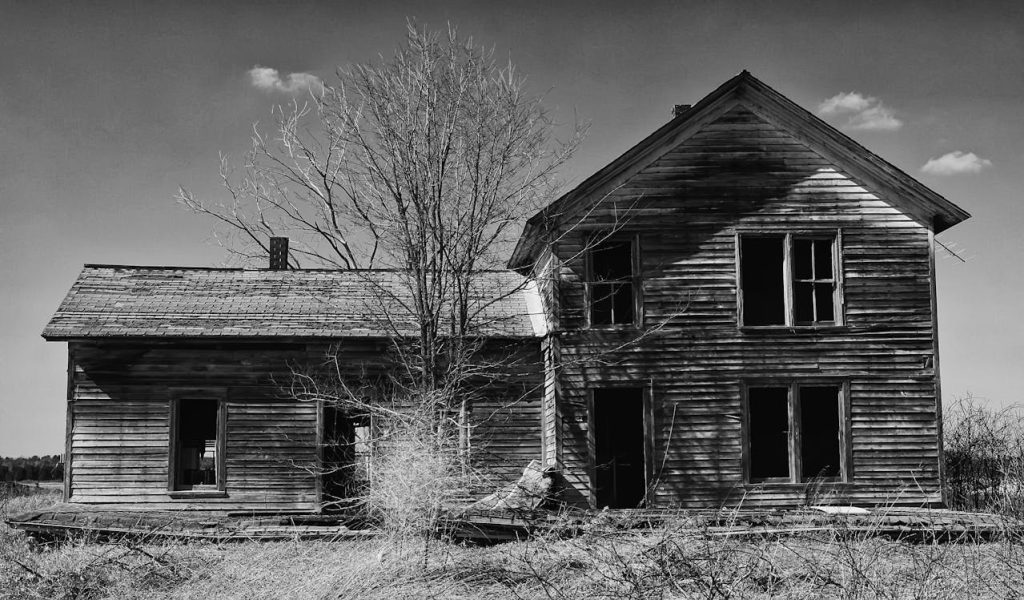It is true that we are undergoing economic upheavals at a rapid rate. We may put our current dilemma in perspective by calling to mind the rapid change that affected the teamsters whose teams and wagons carried oil from the Western Pennsylvania oil boom-town of Pithole. Thousands of teamsters and wagons carried huge barrels of oil from the forest of new oil wells that sprouted around Pithole to the Allegheny River. There, the oil was loaded on barges and shipped to Pittsburgh.
A small group saw an opportunity to cut costs. They obtained financing and built a pipeline to cover the same few miles. Within weeks of the day the pipeline opened, most of the teamsters, horses, wagons, stable-hands, hostlers, wheel-makers, blacksmiths, and wagon-wrights were put out of business. The stores who sold them food and goods, the restaurants who served their meals, the bars who supplied liquor after hard days on the road, the hotels, and the rooming houses that provided lodging all saw their income plummet.
After all the oil wells that could be drilled were drilled, they began to run dry. Soon, the entire town disappeared. The only thing that marks the spot is a small, out-of-the-way museum, staffed by a couple of state employees with sufficient political connections to get the only two jobs remaining at Pithole. A handful of isolated, and nearly invisible, oil wells survive. Largely automated, they pump whatever oil continues to seep up from below into a few storage tanks.
Pithole was an economic upheaval in miniature. We may see Pithole today on a global scale as all the occupations and industries connected with printing and paper are reeling from their electronic competitors. The internet is acting much like the Pithole pipeline, moving information to end-users faster than ever before. This new pipeline of electrons replaces newspapers and magazines, that, much like the teamsters and their wagons, become more unnecessary with each passing day.
Retailers are being replaced with an on-line purchasing pipeline. The vast brick and mortar establishments, from Main Streets to malls, are losing customers to a new, and often more efficient, distribution system. On-line catalogues offer far greater varieties and sizes than any retailer can carry, pumping goods directly to purchasers.
Today, however, societies have large, powerful forces that fight against change. There was no early bureaucracy or zoning group in Pithole to “We must stop the pipeline to protect the environment!” Today, every bureaucracy is desperate to maintain and increase funding. Fearful citizens work hard to keep improvements in anything from taking place than rather than try to make those improvements. If the nay-sayers were as powerful then as now, the Pithole teamsters would have worked until the wells ran dry. Then, they would have gotten two or three years of unemployment before going permanently onto welfare, becoming another powerful group fighting change and improvement.
Much of what we need to know about the economy can be learned by simply thinking about what happened in the vanished boom-town of Pithole.








